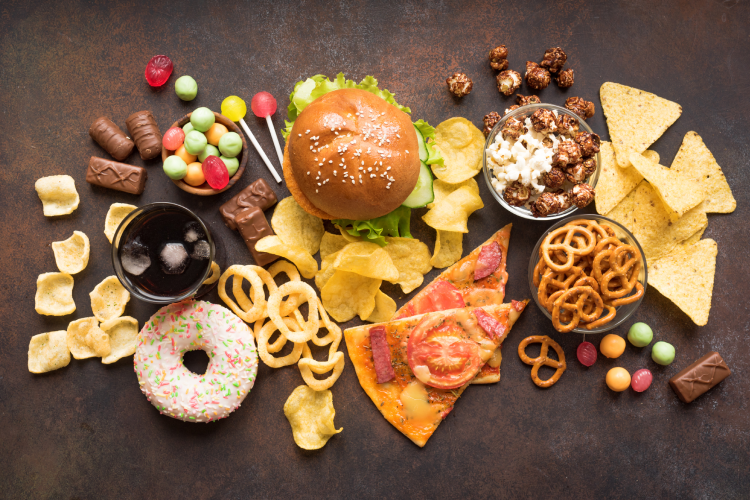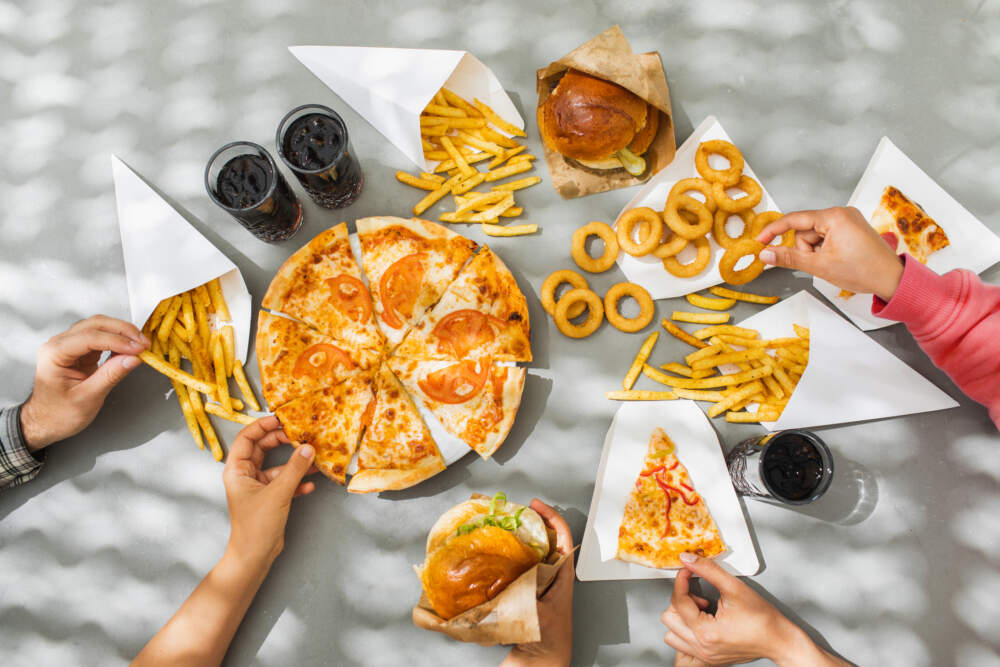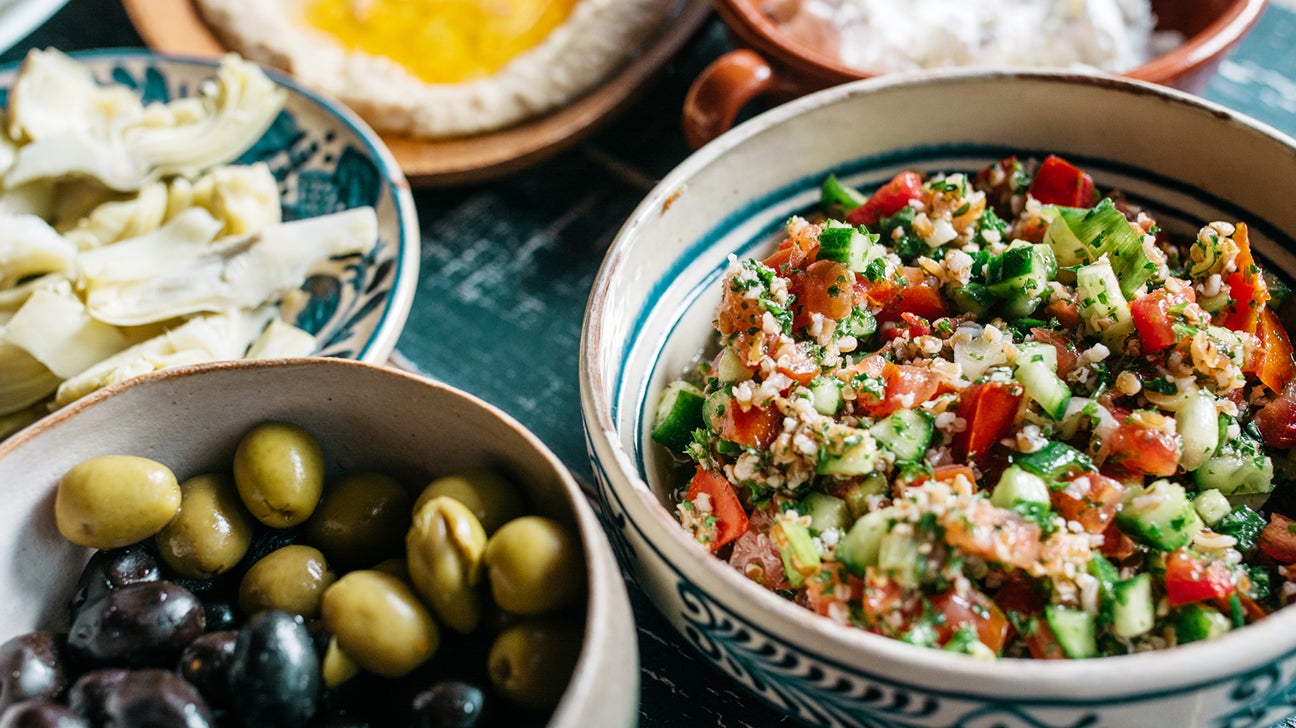
Health when it comes to food choices. Avoid Ultra-Processed Foods have become increasingly prevalent in our diets, but their consumption is linked to a host of health issues. In this article, we'll delve into what ultra-processed foods are, why they're harmful, and most importantly, how to steer clear of them for better health and well-being.
Understanding Ultra-Processed Foods

Ultra-processed foods are products that have undergone extensive processing, typically containing additives, preservatives, and artificial ingredients. These foods often lack essential nutrients and fiber while being high in sugar, salt, and unhealthy fats. Examples include sugary cereals, packaged snacks, fast food, and ready-to-eat meals.
Health Risks Associated with Ultra-Processed Foods
Consuming ultra-processed foods regularly is associated with several adverse health outcomes. These include increased risk of obesity, weight gain, and metabolic syndrome. Moreover, a diet rich in ultra-processed foods has been linked to higher rates of chronic diseases like diabetes, heart disease, and certain cancers. Additionally, these foods can displace more nutritious options, leading to nutrient deficiencies over time.
How to Identify Ultra-Processed Foods
One way to identify ultra-processed foods is by reading food labels. Look out for lengthy ingredient lists with names that are hard to pronounce, as these often indicate highly processed products. Moreover, paying attention to the processing level of foods can be helpful. Ultra-processed foods are typically found in the inner aisles of grocery stores, while whole foods like fruits, vegetables, and grains are located around the perimeter.
Tips for Avoiding Ultra-Processed Foods

Avoiding ultra-processed foods may seem daunting at first, but with a few simple strategies, it's entirely feasible. Cooking meals at home using fresh, whole ingredients is one of the best ways to sidestep processed foods. Planning meals ahead of time and opting for minimally processed snacks like nuts, seeds, and yogurt can also help curb cravings for unhealthy fare. Additionally, being mindful of marketing tactics that promote ultra-processed foods as convenient or healthy choices can aid in making more informed decisions.
Benefits of Avoiding Ultra-Processed Foods
The benefits of steering clear of ultra-processed foods are manifold. By choosing whole, nutrient-dense foods, individuals can improve their overall health and well-being. Weight management becomes easier, as these foods tend to be more filling and satisfying than their processed counterparts. Moreover, nutrient intake is optimized, providing the body with the essential vitamins and minerals it needs to function optimally.
Making Healthy Food Choices
Making healthy food choices is not just about avoiding ultra-processed foods; it's also about embracing a balanced and varied diet. Meal planning and preparation can help individuals stay on track with their health goals by ensuring that nutritious options are readily available. Choosing fresh produce, whole grains, lean proteins, and healthy fats is key to maintaining optimal health and vitality. Additionally, moderation is key when it comes to consuming processed foods, as the occasional indulgence is perfectly acceptable as part of a balanced diet.
Educating Others About Ultra-Processed Foods

Sharing knowledge about the dangers of ultra-processed foods is crucial in promoting healthier eating habits within communities. By raising awareness among family, friends, and colleagues, individuals can empower others to make informed food choices. Moreover, advocating for policies that support access to fresh, affordable foods can help address systemic issues related to food insecurity and dietary disparities.
Conclusion
In conclusion, identifying and avoiding ultra-processed foods is essential for maintaining good health and preventing chronic diseases. By prioritizing whole, unprocessed foods and being mindful of marketing tactics, individuals can take control of their diets and reap the benefits of a nutritious and balanced eating pattern.
FAQs
Q. Are all processed foods bad for you?
Ans: Not necessarily. While some processed foods can be part of a healthy diet, it's important to distinguish between minimally processed options like frozen fruits and vegetables and highly processed products laden with additives and preservatives.
Q. How can I tell if a food is ultra-processed?
Ans: Look for lengthy ingredient lists, artificial additives, and high levels of sugar, salt, and unhealthy fats. Foods that come in colorful packaging and promote convenience are often ultra-processed.
Q. Can I still enjoy my favorite snacks while avoiding ultra-processed foods?
Ans: Yes, moderation is key. Opt for healthier alternatives or homemade versions of your favorite snacks, and enjoy them in moderation as part of a balanced diet.
Q. Is cooking at home the only way to avoid ultra-processed foods?
Ans: While cooking at home is one of the most effective ways to avoid ultra-processed foods, there are other strategies you can employ, such as choosing minimally processed options and being mindful of food labels.
Q. Are there any benefits to consuming ultra-processed foods? While ultra-processed foods may offer convenience, they often lack essential nutrients and can contribute to poor health outcomes in the long run. Prioritizing whole, nutrient-dense foods is a better choice for overall health and well-being.



